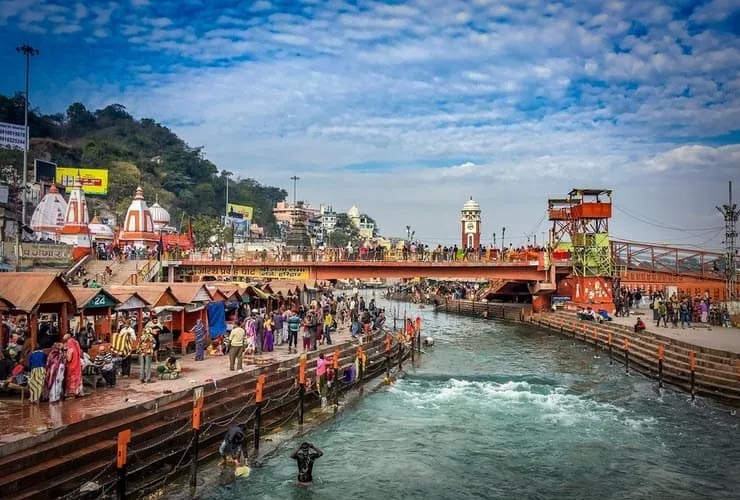
Significance: Har Ki Pauri is the most famous ghat in Haridwar, where the Ganges River is believed to wash away sins. The name Har Ki Pauri means Steps of Lord Shiva and it is said that Lord Vishnu left his footprint here.
Activities: The evening Ganga Aarti at Har Ki Pauri is a mesmerizing experience.
Thousands of devotees gather along the ghats to witness the priests perform the
aarti, offering prayers with fire, flowers, and chants to the river goddess.
Significance: The Mansa Devi Temple is perched atop the Bilwa Parvat on the Shivalik Hills and is dedicated to Goddess Mansa Devi, an incarnation of Shakti. The temple is a major pilgrimage site where devotees come to have their wishes fulfilled.
Activities: Visitors can reach the temple either by trekking up the hill or via a cable car ride, which offers panoramic views of Haridwar and the Ganges River.
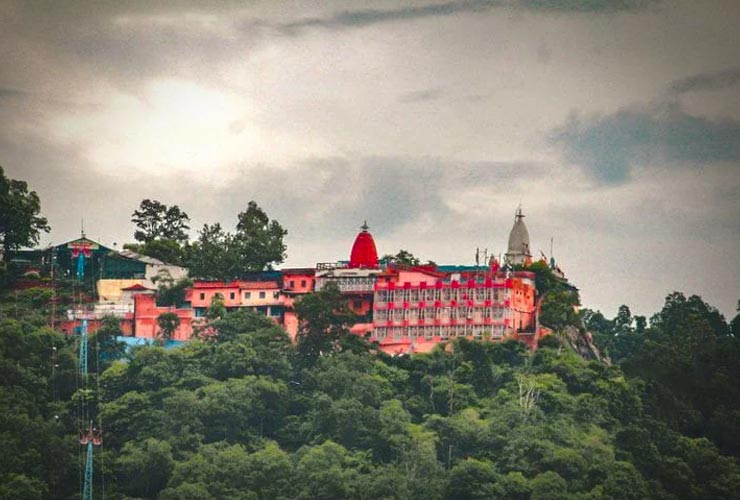
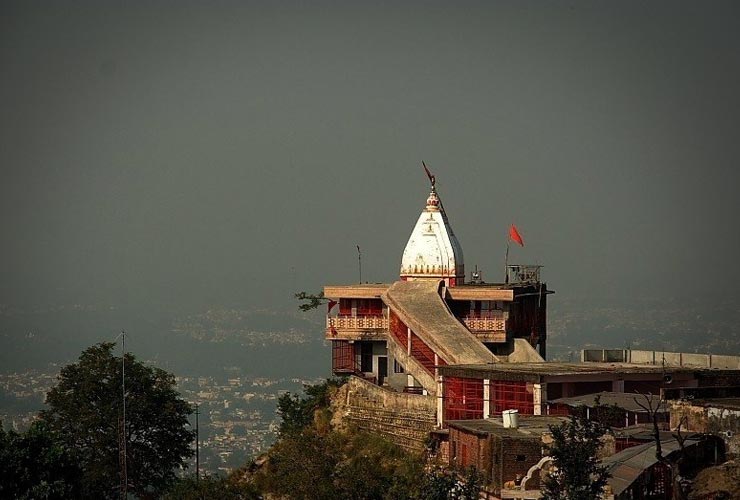
Significance: Situated on the Neel Parvat, Chandi Devi Temple is dedicated to Goddess Chandi, another form of Shakti. The temple is one of the Siddha Peethas, where wishes are believed to be granted.
Activities: Like the Mansa Devi Temple, this temple can be reached by a scenic cable car ride or a steep trek, making it a fulfilling spiritual and physical journey.
Significance: The Maya Devi Temple is one of the Shakti Peethas, where it is believed that the heart and navel of Goddess Sati fell. The temple is dedicated to Goddess Maya, the Adhisthatri deity of Haridwar.
History: The temple is considered to be one of the oldest in Haridwar, dating back to the 11th century.
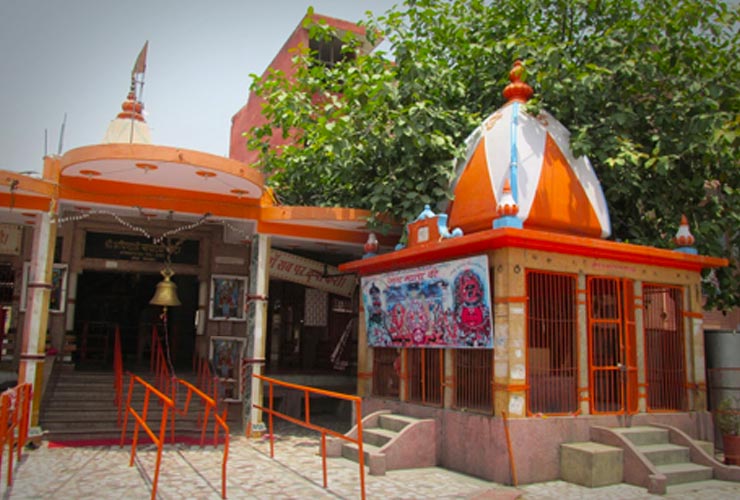
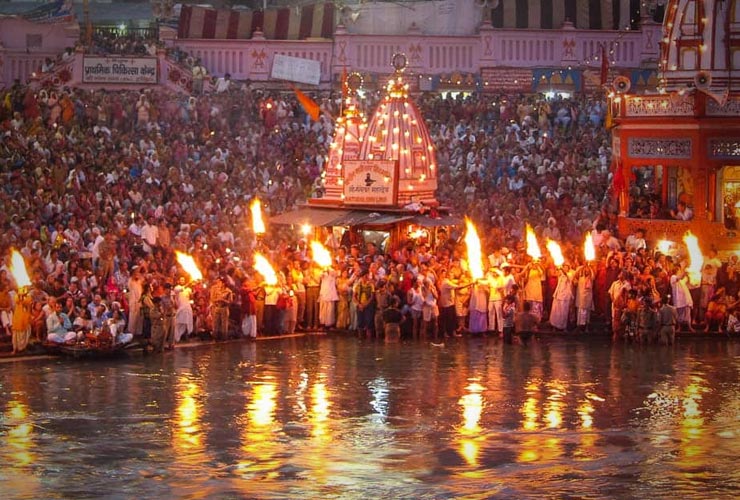
Ganga Aarti at Har Ki Pauri: The evening aarti is a must-experience event where the divine atmosphere, the sound of bells, and the sight of thousands of lamps floating on the Ganges create a profoundly spiritual environment.
Kumbh Mela: Held every 12 years in Haridwar, the Kumbh Mela is the largest religious gathering in the world. Millions of pilgrims come to bathe in the Ganges, believing that it purifies the soul.
Yoga and Ayurveda Retreats: Haridwar is also known for its yoga and Ayurveda centers, where visitors can engage in spiritual practices, meditation, and holistic treatments.
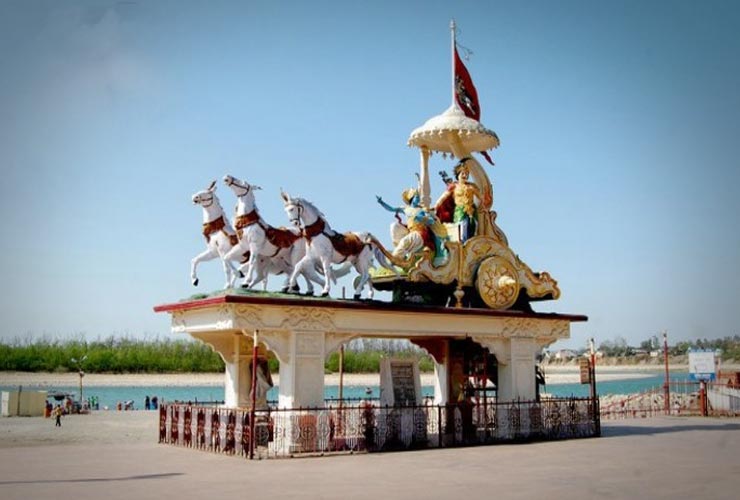
Significance: Triveni Ghat is the most revered bathing ghat in Rishikesh, where it is believed that the Ganges, Yamuna, and Saraswati rivers meet. The ghat is a sacred spot for pilgrims who come to bathe in the holy waters to cleanse their sins.
Activities: The evening Ganga Aarti at Triveni Ghat is a beautiful and serene experience, where devotees offer prayers to the river with lighted lamps and flowers.
Significance: Laxman Jhula and Ram Jhula are iconic suspension bridges in Rishikesh that span the Ganges River. Laxman Jhula is believed to be the place where Lord Laxman crossed the river on a jute rope, and both bridges are important landmarks connecting the town various spiritual sites.
Activities: The bridges offer stunning views of the river and the surrounding temples and ashrams. They are also hubs of activity, with numerous shops, cafes, and yoga centers lining the paths.
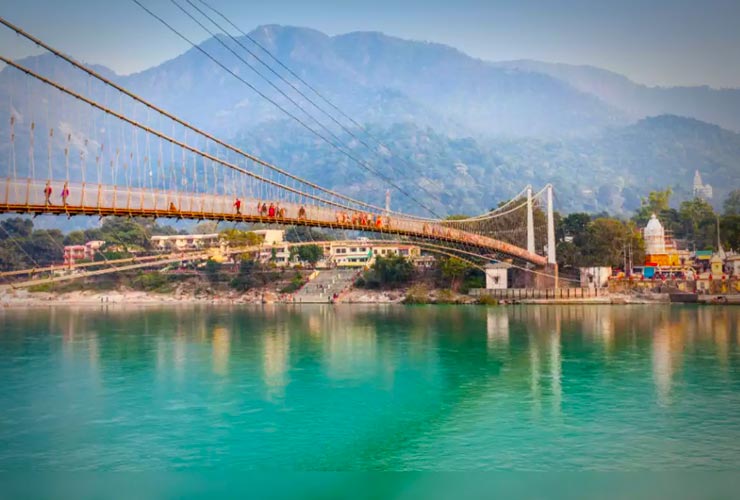
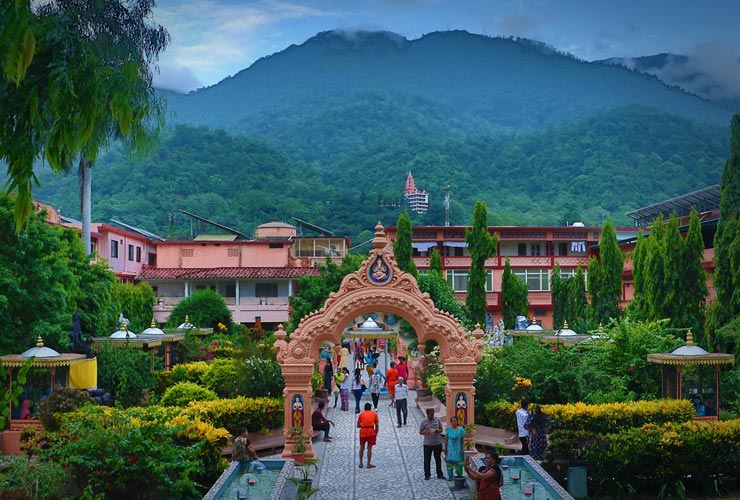
Significance: Parmarth Niketan is one of the largest ashrams in Rishikesh and is known for its yoga, meditation, and spiritual teachings. The ashram hosts the annual International Yoga Festival, attracting participants from all over the world.
Activities: Visitors can participate in daily yoga and meditation sessions, attend spiritual discourses, and join the evening Ganga Aarti organized by the ashram on the banks of the river.
Significance: Located about 30 kilometers from Rishikesh, Neelkanth Mahadev Temple is dedicated to Lord Shiva and is situated amidst dense forests. It is believed to be the site where Lord Shiva consumed poison during the churning of the ocean, which turned his throat blue, earning him the name Neelkanth (blue throat).
Activities: The temple is a popular pilgrimage site, and the journey through the scenic landscape adds to the spiritual experience.
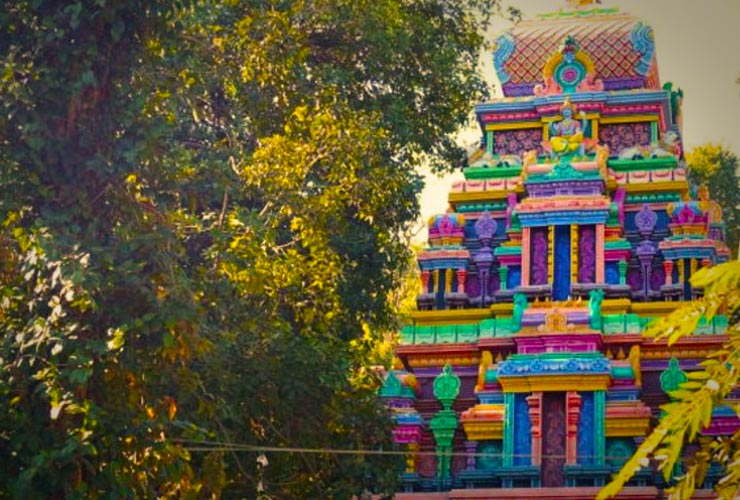

Ganga Aarti at Parmarth Niketan: The evening aarti is a peaceful and spiritual experience,set against the backdrop of the river and the Himalayas. It is a time for reflection and connection with the divine.
Yoga and Meditation Retreats: Rishikesh offers numerous ashrams and centers where visitors can immerse themselves in yoga and meditation practices. The town is known for its authentic and traditional teachings, making it a haven for spiritual growth.
Adventure Activities: Rishikesh is also a hub for adventure sports, including white-water rafting on the Ganges, trekking, and camping in the surrounding hills. The combination of spirituality and adventure makes Rishikesh a unique destination.
